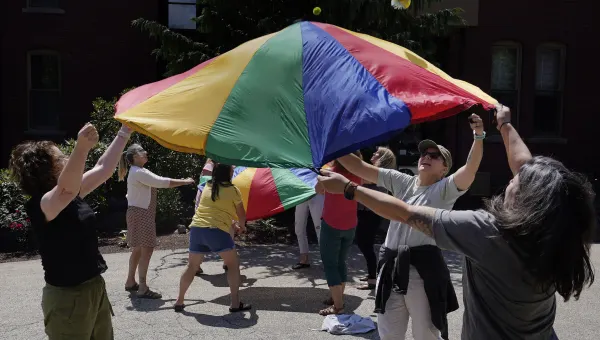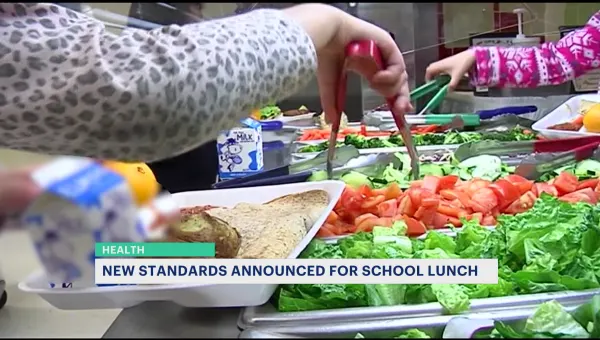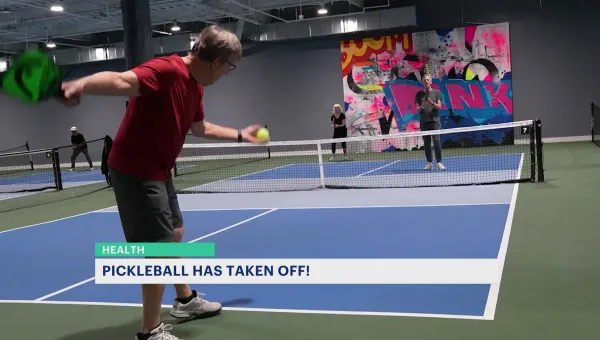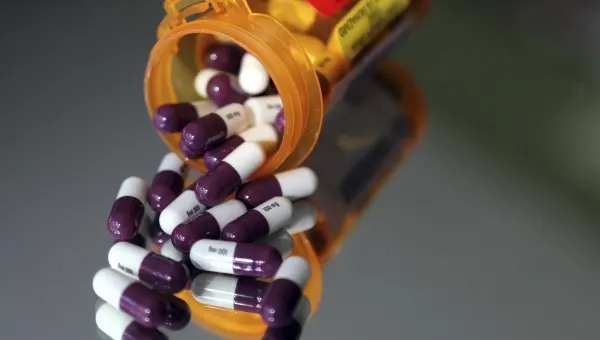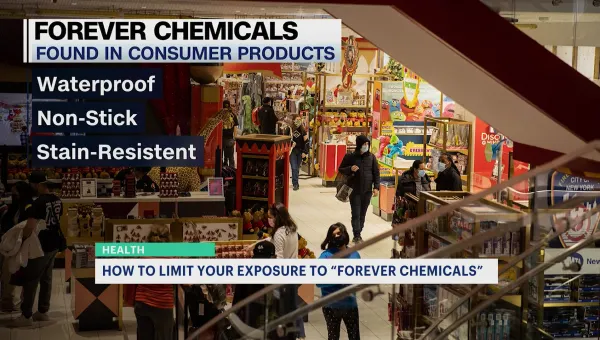Nobel in medicine goes to 2 scientists whose work enabled creation of mRNA vaccines against COVID-19
Hungarian-American Katalin Karikó and American Drew Weissman were cited for contributing “to the unprecedented rate of vaccine development during one of the greatest threats to human health in modern times,” according to the panel that awarded the prize in Stockholm.
Oct 2, 2023, 1:05 PM
•
Updated 210 days ago
Share:
More Stories
0:24
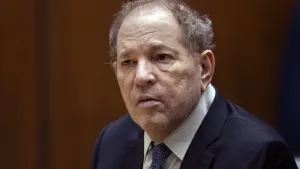
New York appeals court overturns Harvey Weinstein’s 2020 rape conviction from landmark #MeToo trial
4ds ago0:32
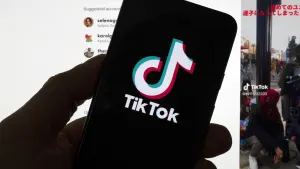
US banning TikTok? Your key questions answered
5ds ago2:18
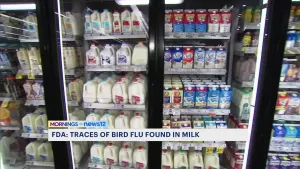
Remnants of bird flu virus found in pasteurized milk, FDA says
5ds ago0:31
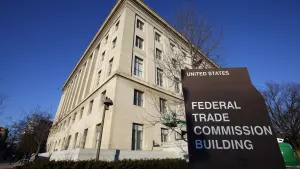
New federal rule would bar 'noncompete' agreements for most employees
5ds ago0:36

Yonkers native Mary J. Blige, Queens hip-hop group A Tribe Called Quest selected for Rock Hall of Fame
7ds ago0:28

Man who set himself on fire outside Trump trial dies of injuries, police say
9ds ago0:24

New York appeals court overturns Harvey Weinstein’s 2020 rape conviction from landmark #MeToo trial
4ds ago0:32

US banning TikTok? Your key questions answered
5ds ago2:18

Remnants of bird flu virus found in pasteurized milk, FDA says
5ds ago0:31

New federal rule would bar 'noncompete' agreements for most employees
5ds ago0:36

Yonkers native Mary J. Blige, Queens hip-hop group A Tribe Called Quest selected for Rock Hall of Fame
7ds ago0:28

Man who set himself on fire outside Trump trial dies of injuries, police say
9ds ago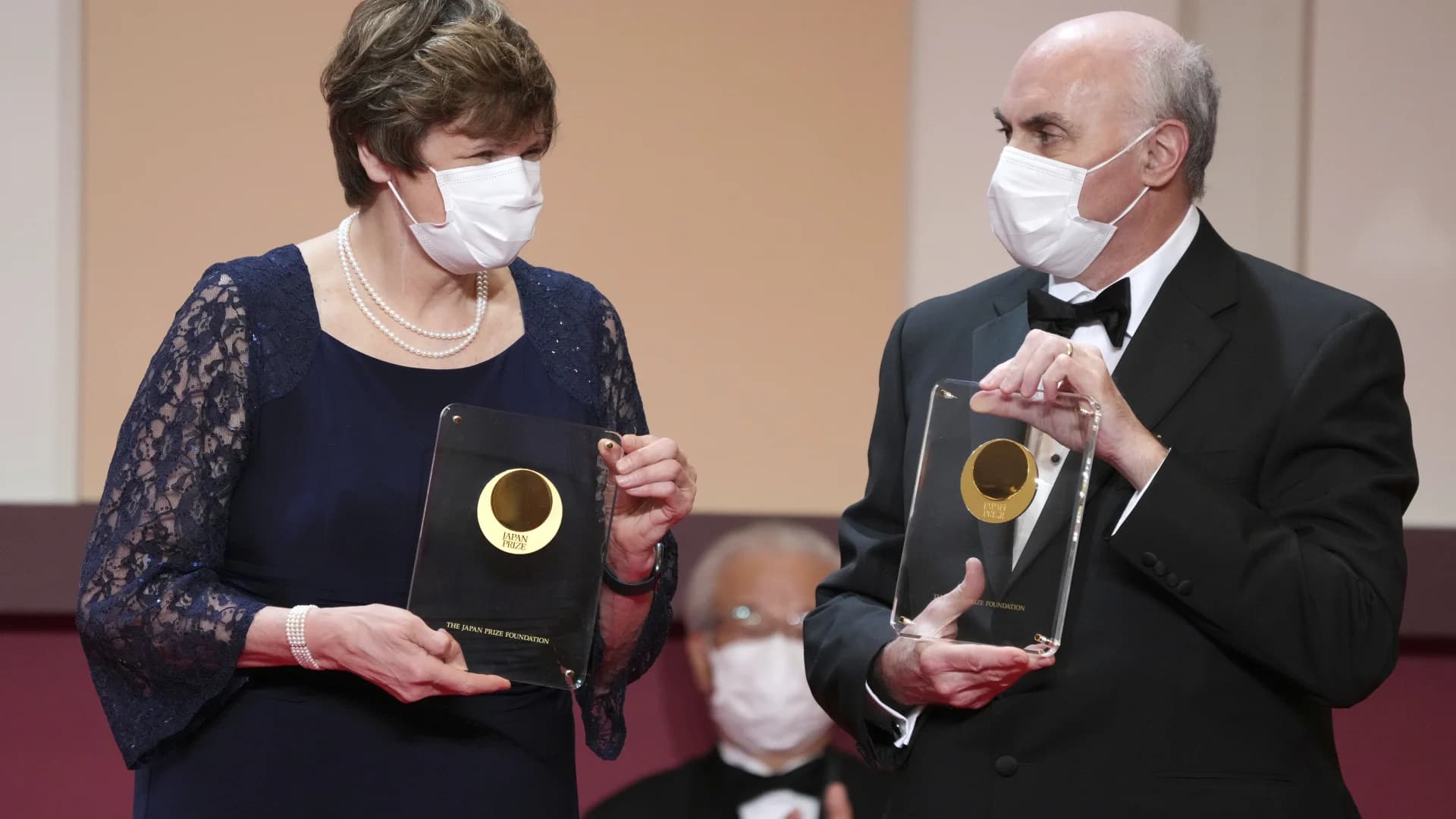
Two scientists won the Nobel Prize in medicine on Monday for discoveries that enabled the creation of mRNA vaccines against COVID-19 and that could be used to develop other shots in the future.
Hungarian-American Katalin Karikó and American Drew Weissman were cited for contributing “to the unprecedented rate of vaccine development during one of the greatest threats to human health in modern times,” according to the panel that awarded the prize in Stockholm.
WHAT IS THE NOBEL FOR?
The panel said the pair's “groundbreaking findings ... fundamentally changed our understanding of how mRNA interacts with our immune system."
Traditionally, making vaccines required growing viruses or pieces of viruses and then purifying them before next steps in brewing shots. The the messenger RNA approach starts with a snippet of genetic code that carries instructions for making proteins. Pick the right virus protein to target, and the body turns into a mini vaccine factory.
But simply injecting lab-grown mRNA into the body triggered a reaction that usually destroyed it. Karikó, a professor at Szeged University in Hungary and an adjunct professor at the University of Pennsylvania, and Weissman, of the University of Pennsylvania, figured out a tiny modification to the building blocks of RNA that made it stealthy enough to slip past those immune defenses.
Karikó, 68, is the 13th woman to win the Nobel Prize in medicine. She was a senior vice president at BioNTech, which partnered with Pfizer to make one of the COVID-19 vaccines. She and Weissman, 64, who is a professor and director of the Penn Institute for RNA Innovations, met by chance in the 1990s while photocopying research papers, according to Penn Today, the university's news website.
WHY DO MRNA VACCINES MATTER?
Dr. Paul Hunter, a professor of medicine at Britain’s University of East Anglia, described the mRNA vaccines as a “game changer” in helping to shut down the coronavirus pandemic, crediting the shots with saving millions of lives.
“If it hadn’t been for the mRNA technology, COVID would have been much worse,” he said. “Vaccines generally were the turning point in slowing down COVID and the mRNA vaccines were just so much better than all the others,” he said, noting that the main vaccine used in the U.K., made by AstraZeneca, is barely in use anymore.
“We would likely only now be coming out of the depths of COVID without the mRNA vaccines,” Hunter said.
Dr. Bharat Pankhania, an infectious diseases expert at Exeter University, said that a major advantage of mRNA technology was that vaccines could be made in extremely large quantities since their main components are made in laboratories.
Pankhania predicted that the technology used in the vaccines could be used to refine vaccines for other diseases like Ebola, malaria and dengue, and might also be used to create shots that immunize people against certain types of cancer or auto-immune diseases like lupus.
“It’s possible that we could vaccinate people against abnormal cancer proteins and have the immune system attack it after being given a targeted mRNA shot,” he explained. “It’s a much more targeted technology than has been previously available and could revolutionize how we handle not only outbreaks, but non-communicable diseases.”
Nobel Committee member Gunilla Karlsson Hedestam said the prize could go some way to addressing concerns among skeptics about the speed with which COVID-19 vaccines were developed.
She said the award highlights “the decades of basic research that’s behind this kind of work."
Peter Maybarduk, director of the Access to Medicines program at the Washington advocacy group Public Citizen, welcomed the recognition of mRNA vaccines, but said the award should also be deeply embarrassing for Western countries.
“This is a technology that should have been available to all of humanity but it was almost exclusively available only in the richest countries in the world,” he said, adding that much of the funding that led to the development of mRNA technology came from public funds in the U.S.
While mRNA vaccines were widely used in North America and across Europe to shut down COVID-19, only a small number of the shots were made available to poorer countries months after vaccination started in rich countries.
HOW DID KARIKÓ AND WEISSMAN REACT?
“The future is just so incredible,” Weissman said. “We’ve been thinking for years about everything that we could do with RNA, and now it’s here.”
Karikó said her husband was the first to pick up the early morning call, handing it to her to hear the news. “I couldn’t believe it,” she said. “I was very much surprised. But I am very happy.”
Before COVID-19, mRNA vaccines were already being tested for other diseases like Zika, influenza and rabies — but the pandemic brought more attention to this approach, Karikó said.
“There was already clinical trials before COVID, but people were not aware,” she said.
Karikó's family are no strangers to high honors. Her daughter, Susan Francia, is a double Olympic gold medalist in rowing, competing for the United States.
The prize carries a cash award of 11 million Swedish kronor ($1 million) — from a bequest left by the prize’s creator, Swedish inventor Alfred Nobel. The laureates are invited to receive their awards at ceremonies on Dec. 10, the anniversary of Nobel’s death.
Nobel announcements continue with the physics prize on Tuesday, chemistry on Wednesday and literature on Thursday. The Nobel Peace Prize will be announced Friday and the economics award on Oct. 9.

